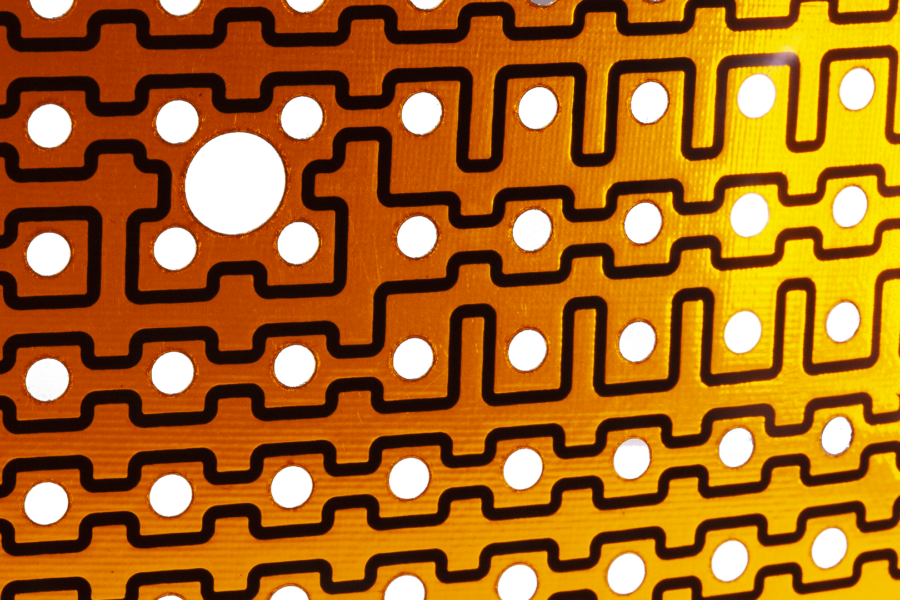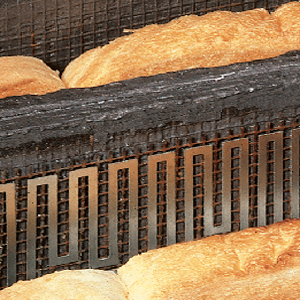Scalability
Scalability is an attribute that describes the ability of a process or organization to grow and manage increased demand. A system or business that is described as scalable has an advantage because it is more adaptable to the changing needs or demands of its users or clients. Further, scalability is often a sign of stability and competitiveness, as it means the process or organization is ready to handle the influx of demand, increased productivity and changing needs. A system that scales well will be able to maintain or even increase its level of performance or efficiency even as it is tested by larger and larger operational demands. This concept is closely related to the term economies of scale, wherein certain companies are able to reduce their production costs and increase profitability as they grow larger and produce more. A scalable company has effective tools for measurement, so the entire business can be assessed and managed at each level.
Design For Manufacturability (also sometimes known as design for manufacturing or DFM) is the general engineering practice of designing products in such a way that they are easy to manufacture. DFM describes the process of designing or engineering a product in order to facilitate the manufacturing process in order to reduce its manufacturing costs. DFM will allow potential problems to be fixed in the design phase which is the least expensive place to address them. Depending on various types of manufacturing processes, there are set guidelines for DFM practices. These DFM guidelines help to precisely define various tolerances, rules and common manufacturing checks related to DFM.
Design for Manufacture and Assembly (DFMA) is the combination of two methodologies; Design for Manufacture, which means the design for ease of manufacture of the parts that will form a product, and Design for Assembly, which means the design of the product for ease of assembly. DFMA is used as the basis for concurrent engineering studies to provide guidance to the design team in simplifying the product structure, to reduce manufacturing and assembly costs, and to quantify improvements. The practice of applying DFMA is to identify, quantify and eliminate waste or inefficiency in a product design. DFMA is therefore a component of Lean Manufacturing DFMA is also used as a benchmarking tool to study competitors’ products.
Design for Inspection
(DFI) should complement and work in collaboration with Design for Manufacturability (DFM) and Design for Assembly (DFA) to reduce product manufacturing cost and increase manufacturing practicality.


Engineered Products
Flexible Heaters from Thermal Circuits are light, bendable and can conform to irregular shapes, contours and 3-dimensional patterns. They are simple to apply, yet are capable of higher output than traditional metal-clad heaters. Thermal Circuits designs materials that are compatible with integration and challenging environments
Click below for details
Industries We Serve
Automotive Industry
Industrial & Commercial
Military & Aerospace
Energy & Batteries
Consumer Lifestyle
Printing 2D & 3D
Food Service & Kitchen
Medical & Biotechnology
Semiconductor &
Wafer Processing


